Children and electricity is a dangerous combination. As parents, we want to keep our kids safe at all times and ensure their needs are being met. We all know (whether you have kids or not) that children are ALWAYS curious and love to explore. But simply educating them isn’t enough, as their curiosity and creativity know no bounds.
As sensible adults, we want to protect our little ones from anything harmful. However, since you’re physically not able to control a toddler at every step, we would like to teach you how to make your daily life more peaceful by teaching your kids electrical safety and applying measures that can make your home a safe zone for both you and your child.
Let’s dive right in.
Different Areas Pose Different Challenges
Different parts of your home’s electrical system can pose a hazard depending on the age of your child. For newborns up to 2-year-old kids the greatest dangers can be found in the child’s room and in the bathroom. It is therefore important to make small adjustments (which you can learn about below) so that your child has more difficulty coming into contact with electricity. When it comes to the bathroom, it is crucial that your little one is always under the supervision of an adult.
Later, from the age of 2 to 12, the living room and the kitchen represent the two new areas of experimentation for children and therefore for electrical risks. It is best to avoid handling electrical appliances near water in front of your children, and explain to them how dangerous it is so that they understand that water and electricity do not mix.
Finally, from the age of 12, it is the outside and the basement that become the places of danger. Outlets located outside should be covered with a waterproof cover to avoid accidental encounters between water, electricity and your children/teenagers.
In addition, if you have pets, avoid leaving them alone in your child’s room (including small animals in cages) as they could damage the electrical wires, which can be both costly and dangerous.
Education Is Key
Talk to your children about how dangerous electricity can be. Teach them to behave safely with electrical devices. Electricity and electrical devices are our indispensable helpers in daily life – but only if we comply with all of the safety requirements. Your child does not understand this, which is why when they’re older you should teach them how to deal with electrical cables, cords and sockets. Explain that they cannot play near them and only use them only under the supervision of an adult.
Children must know that they are not allowed to climb on poles, play with a kite near them, or never to put fingers or other objects in an outlet.
How Does Your Home’s Electrical System Work?
Any electricity supplied to residential houses first flows through the fuse box and then splits into two types of circuits. One is designed to power the main lighting of the house, while the other provides energy to the wall sockets. This circuit is located inside the walls and we can connect to it at any time by inserting the plugs of our devices. Electricity flows to the device through one of the wires, and then returns via the so-called neutral wire. The electricity consumed by all household appliances is counted by a special meter, on the basis of which the power plant determines the fees for electricity consumption. The fuses of the individual circuits control whether the power consumption is too high and effectively shut off the flow of energy in the event of an overload or a short-circuit. The main fuse is only activated as a last resort, cutting off the electricity in the entire building.
Prepare your home before the arrival of a child
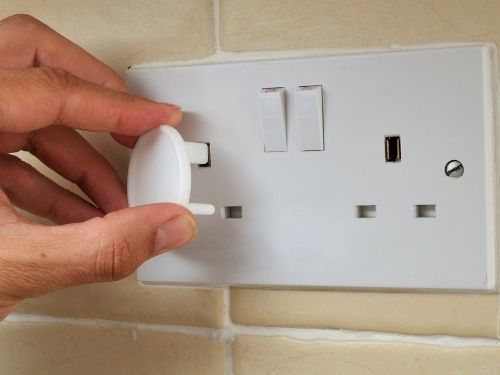 Your home may be full of dangers for your child and it is very important to minimize the risks that can come up. This is why there are several ways to protect you and your family from electrical accidents:
Your home may be full of dangers for your child and it is very important to minimize the risks that can come up. This is why there are several ways to protect you and your family from electrical accidents:
Programmable electronic timer switch:
This device will allow you to cut power to specific circuits at specific times of the day or night. So, when you are not at home, you can use this switch so that your child does not get hurt.
Outlet plug cover:
Electric sockets in children’s rooms often become the objects of experiments of the youngest members of the household. Therefore, at the design stage, a child’s room should be equipped with sockets that are safe for children.
Although the new standards make the electrical sockets less dangerous, it is better to install socket plug covers to block access to the outlets. They are easily opened by adults (the idea is not to spend 2 hours trying to open the plug for a simple phone recharge) but very difficult for children to open. Some models can even be installed on a desk, a worktop and even on the floor.
Differential circuit breaker:
A differential circuit breaker is a device that opens the circuit in case of leakage, therefore protects the household members from shocks and devices from catching fire. These are essential in the circuits which supply the kitchen and the bathroom, as they cut off the power supply when the slightest current leak is detected.
Remember to place a bulb on each light:
First, take care of the lights that are within the reach of children. Whether or not the lighting works, a light bulb will effectively prevent any contact with a conductor.
Your Trusted Electrician Can Help
 Many electricity-related accidents and fires can be prevented when kids are supervised and kept safe and, when they get a bit older, are educated about electricity and follow basic electrical safety rules. It is never too soon or too late to start ensuring your children’s safety around electricity. Begin by calling your trusted electrician from Wiktorowski Electrical Services. One of our licensed electricians can come out and inspect your electrical system and tell you whether your existing electrical installation is safe for children and what steps to take to make it more kid-safe.
Many electricity-related accidents and fires can be prevented when kids are supervised and kept safe and, when they get a bit older, are educated about electricity and follow basic electrical safety rules. It is never too soon or too late to start ensuring your children’s safety around electricity. Begin by calling your trusted electrician from Wiktorowski Electrical Services. One of our licensed electricians can come out and inspect your electrical system and tell you whether your existing electrical installation is safe for children and what steps to take to make it more kid-safe.

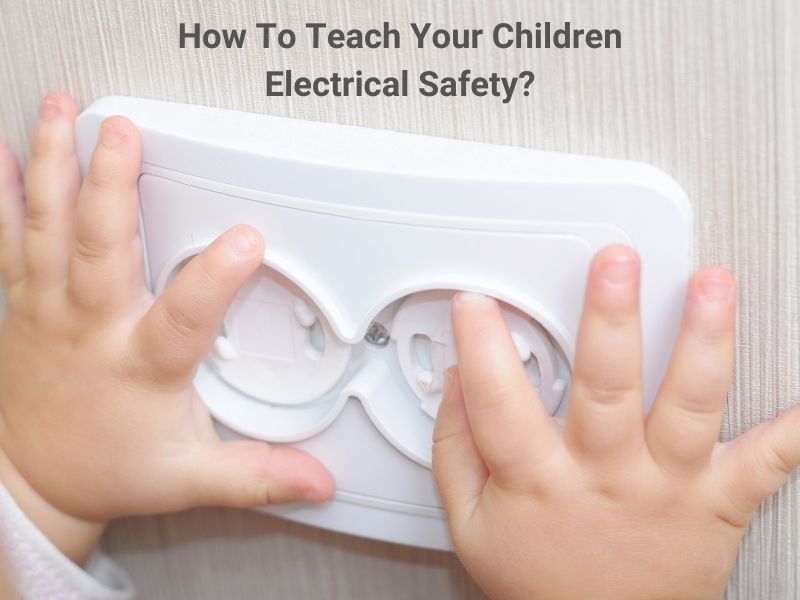

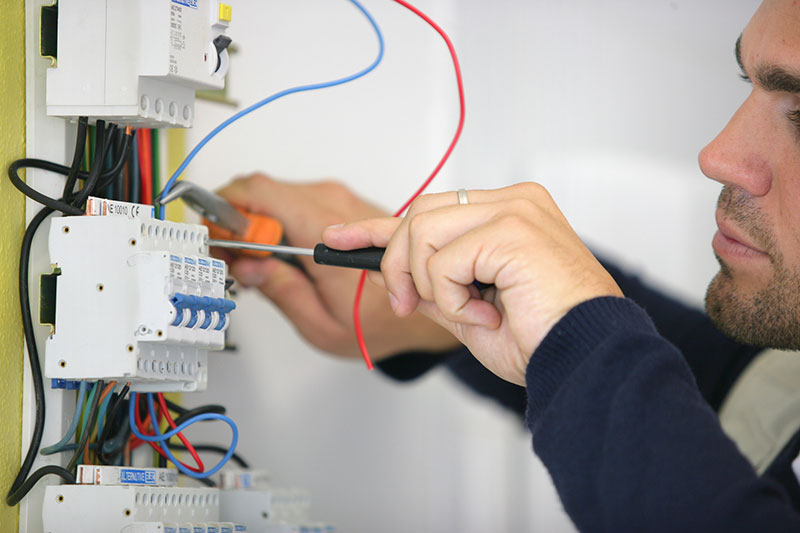 Obsolete fuses
Obsolete fuses Of course. Remember that tripping fuses is a very common problem. Electrical system failures often do not show visible signs, and frequently tripping fuses can be one of the clues. You can eliminate the simplest causes of blown fuses on your own. Remember to check the various configurations of connecting devices to the sockets in your home and to replace old electrical equipment with new ones. However, if you know that your a
Of course. Remember that tripping fuses is a very common problem. Electrical system failures often do not show visible signs, and frequently tripping fuses can be one of the clues. You can eliminate the simplest causes of blown fuses on your own. Remember to check the various configurations of connecting devices to the sockets in your home and to replace old electrical equipment with new ones. However, if you know that your a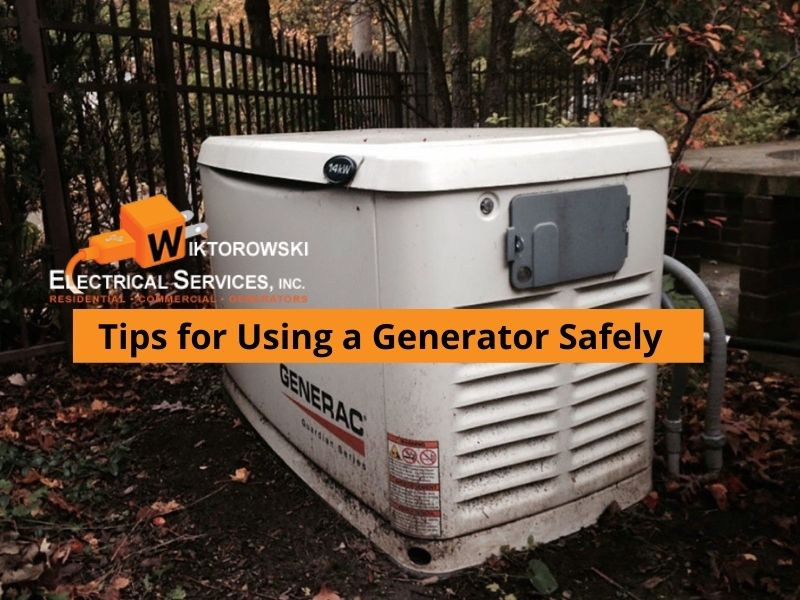
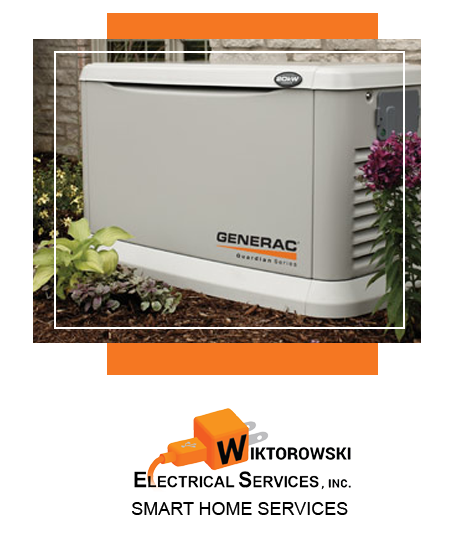 Choosing the right device is not easy at all and the final decision is influenced by many factors. When researching devices, it may turn out that the model that will work well on a construction site, may be useless as a house emergency power supply or when organizing a mass event. The purchase of a generator should therefore be based on determining the power needed, its purpose, reliability or additional functions. Customers are usually informed about these things, but we decided to go a step further. Our mission is to provide top-notch generator installation, as well as to educate our clients on the operation, maintenance and safety as well as to give guidance on how to properly use a power generator. The following tips can be considered the result of our work.
Choosing the right device is not easy at all and the final decision is influenced by many factors. When researching devices, it may turn out that the model that will work well on a construction site, may be useless as a house emergency power supply or when organizing a mass event. The purchase of a generator should therefore be based on determining the power needed, its purpose, reliability or additional functions. Customers are usually informed about these things, but we decided to go a step further. Our mission is to provide top-notch generator installation, as well as to educate our clients on the operation, maintenance and safety as well as to give guidance on how to properly use a power generator. The following tips can be considered the result of our work.
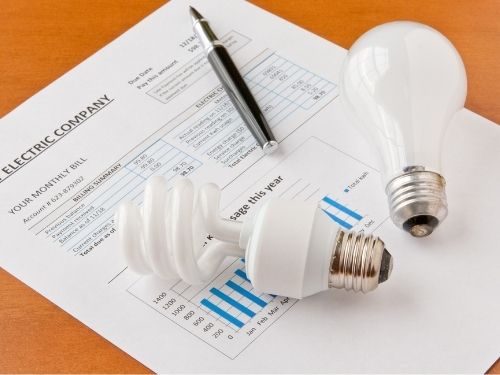 Electricity bills are fixed expenses that both entrepreneurs running their own business and people who use electricity in their homes must bear. Today, many people cannot imagine life without constant access to electronic devices, which are connected to the Internet, household appliances that facilitate everyday household chores, or the operation of production plants without modern equipment. However, we often forget about lighting – artificial light accompanies us so often that we hardly pay attention to it. Meanwhile, it is responsible for a considerable part of electricity consumption, and it significantly impacts the amounts that you see on your electricity bills. To lower them, it is worth investing in energy-efficient lighting.
Electricity bills are fixed expenses that both entrepreneurs running their own business and people who use electricity in their homes must bear. Today, many people cannot imagine life without constant access to electronic devices, which are connected to the Internet, household appliances that facilitate everyday household chores, or the operation of production plants without modern equipment. However, we often forget about lighting – artificial light accompanies us so often that we hardly pay attention to it. Meanwhile, it is responsible for a considerable part of electricity consumption, and it significantly impacts the amounts that you see on your electricity bills. To lower them, it is worth investing in energy-efficient lighting. LED bulbs are currently the most in demand in the lighting market, and their prices have now declined to a point that every sector relies on LEDs as the most economical choice. They can be mounted in all popular types of lighting fixtures with standard size E26 screw-mount. They are also sold in the form of self-adhesive tapes. Generally, flat SMD diodes of various sizes and luminous efficacy are used in LED lamps. The most common SMD 3528 and larger 5050 generate about 80 lm/W (large Power LED diodes have an indicator of nearly 200 lm/W, but are very expensive). The larger the dimensions, the greater the power, so the same amount of light is obtained from a smaller number of LEDs. Compared to ordinary light bulbs, diodes with an indicator of 80 lm/W consume 85% less energy.
LED bulbs are currently the most in demand in the lighting market, and their prices have now declined to a point that every sector relies on LEDs as the most economical choice. They can be mounted in all popular types of lighting fixtures with standard size E26 screw-mount. They are also sold in the form of self-adhesive tapes. Generally, flat SMD diodes of various sizes and luminous efficacy are used in LED lamps. The most common SMD 3528 and larger 5050 generate about 80 lm/W (large Power LED diodes have an indicator of nearly 200 lm/W, but are very expensive). The larger the dimensions, the greater the power, so the same amount of light is obtained from a smaller number of LEDs. Compared to ordinary light bulbs, diodes with an indicator of 80 lm/W consume 85% less energy.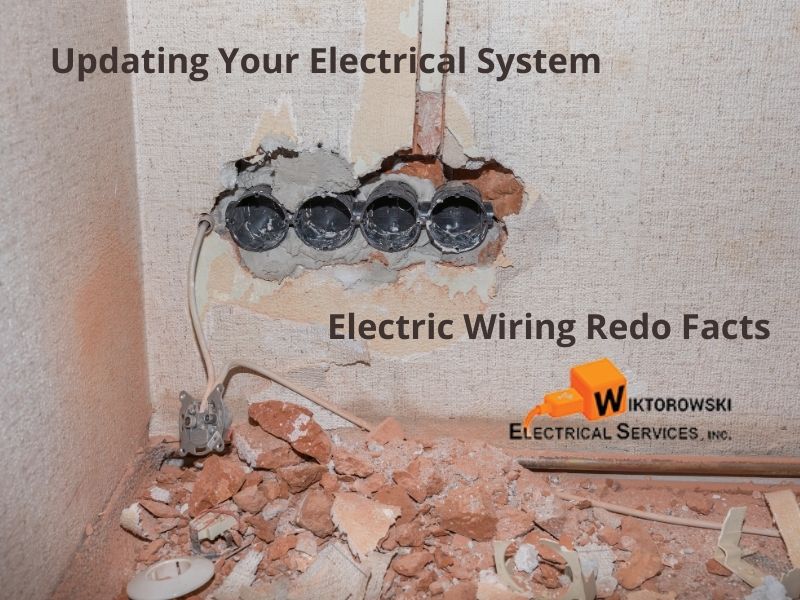
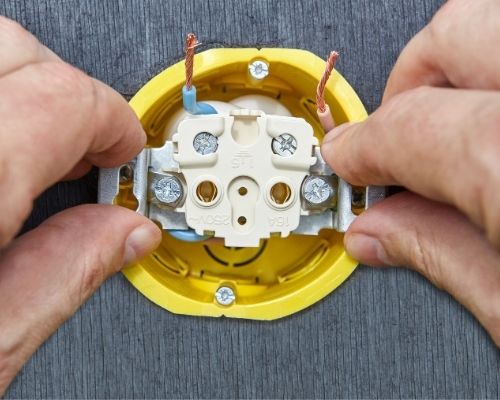 The last stage of upgrading the electrical system is the installation of sockets, fuses, and, at the customer’s request, lamps, lighting fixtures and switches. The type of protection on specific elements of the installation, the size of the circuit breakers, the components minimizing the effects of electric shock, etc. are selected by the electrician who installs the system.
The last stage of upgrading the electrical system is the installation of sockets, fuses, and, at the customer’s request, lamps, lighting fixtures and switches. The type of protection on specific elements of the installation, the size of the circuit breakers, the components minimizing the effects of electric shock, etc. are selected by the electrician who installs the system.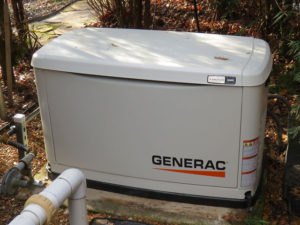 Generator replacement can be a good idea when you’re rewiring your entire electrical system. Over the previous years headways in innovation have made modern generators more intelligent, efficient, more reliable, and better looking. While equipment prices may have gone up, installation expenses might not be as high, if sufficient devices, wirings, and installations have been previously set up.
Generator replacement can be a good idea when you’re rewiring your entire electrical system. Over the previous years headways in innovation have made modern generators more intelligent, efficient, more reliable, and better looking. While equipment prices may have gone up, installation expenses might not be as high, if sufficient devices, wirings, and installations have been previously set up.